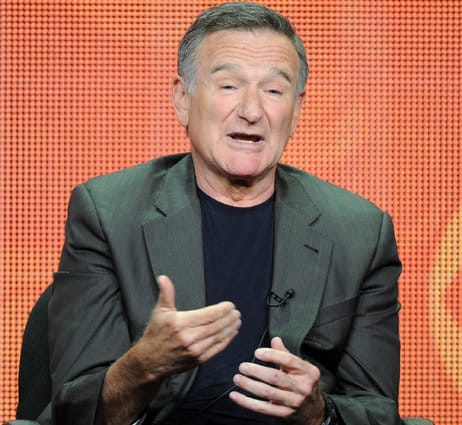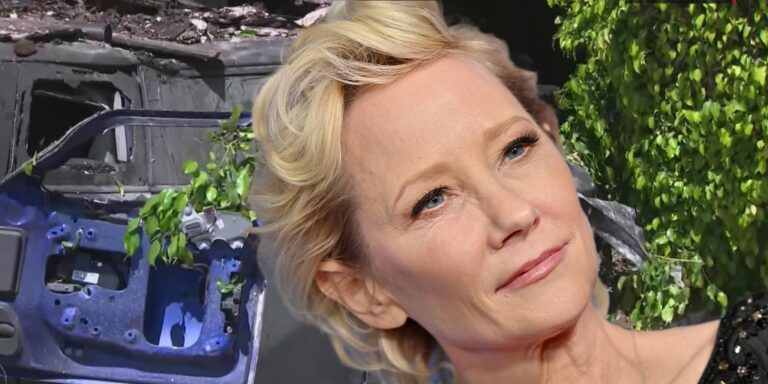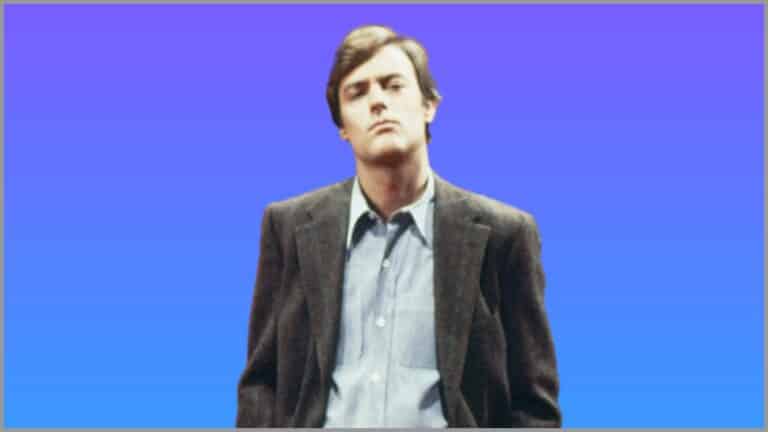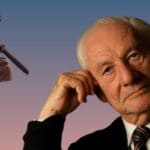 Legendary American actor and comedian Robin Williams has died at 63.
Legendary American actor and comedian Robin Williams has died at 63.
Williams was found unconscious and not breathing inside his Tiburon, Calif. home on Monday, according to a Marin County Sheriff’s Office press release. The coroner’s office suspects the cause of death to be “suicide due to asphyxia.”
The death was also confirmed by William’s wife, Susan Schneider, in a statement:
“This morning, I lost my husband and my best friend, while the world lost one of its most beloved artists and beautiful human beings. I am utterly heartbroken,” said Schneider. “On behalf of Robin’s family, we are asking for privacy during our time of profound grief. As he is remembered, it is our hope the focus will not be on Robin’s death, but on the countless moments of joy and laughter he gave to millions.”
The Oscar-winning actor was recently battling “severe depression,” according to his publicist Mara Buxbaum.
Police say Williams was found by first responders at noon Monday and pronounced dead at the scene. Though the coroner’s office believe he died of an apparent suicide, an investigation has been launched will be conducted to determine the actor’s official cause of death.
An autopsy will also be conducted on Tuesday.
https://www.youtube.com/watch?v=IIQ_brvI8JE








Robin Williams was suffering from the early stages of Parkinson’s disease at the time of his death, his wife has said.
Susan Schneider said her husband had been sober but “not yet ready to share publicly” his struggles with Parkinson’s.
She added that he had also been suffering from anxiety and depression.
“His greatest legacy, besides his three children, is the joy and happiness he offered to others, particularly to those fighting personal battles,” Ms Schneider said in a statement, adding her husband’s sobriety was “intact”.
When we talk about cultural nostalgia — something we probably do too much — we’re talking about the art we interacted with during our formative years. There are particular moments and movies or television shows that shape us almost as much as real life did. With Robin Williams, those moments feel limitless.
You could put 10 people in a room, and all of them would invariably express a deep love for Williams’ work. They would also each name a different role that informed their admiration. In part, that is because he truly had so much to give. It was impossible to not be affected by him in some way. By the virtue of his ubiquitousness, Williams was around at varying moments that each of us needed him.
Over at the New York Times, film critic A.O Scott remembered his first truly special Williams moment as “an album called ‘Reality — What a Concept’ that blew my eighth-grade mind.” In his obituary for Vulture, critic David Edelstein touched on various roles, but cited “The Fisher King” as a time when Williams was at “the height of his powers.” In the countless loving tributes to Williams published since his death on Monday afternoon, there’s such an array of instances referenced that it seems like a half-dozen beloved actors have died, not just the one. Part of what made Williams so special was his elastic nature. It’s equally possible that this loss made you yearn to watch “Dead Poets Society” as much as “Hook.”
At Salon, Dan D’Addario expressed the way Williams became analogous with childhood for the set of mourning humans who are now in their 20s and 30s. Sarah Larson echoed that sentiment at The New Yorker, writing, “he was an id run wild, or a child, or ourselves at our craziest.” And it’s true. For the group turning to the live-action Peter Pan in this time of need, there was a sense of camaraderie with Williams — the idea that he exemplified the spirit of childhood. For a slightly younger age group, “Aladdin” was the exposing factor. For both, Williams was the first actor they could name, access to an awareness of culture that felt like a ticket to a whole new world.
Love of Williams, of course, extends further. The generation before the current millennials has close ties to Williams’ Mork or his stunning turn as radio disc jockey Adrian Cronauer in “Good Morning, Vietnam” — both roles that 20-somethings can’t connect to in the same way. As Slate’s Forrest Wickman put it, “whole generations will remember him differently.” There’s something less tangible than a certain line on Williams’ IMDb page that which makes this feel like such an incredible loss. That this is an equally devastating blow to Gen X as it is to millennials is a fact of Williams’ inescapability.
Think about any film that’s special to you. Maybe it has excellent cinematography or a story that really hits home. Likely, though, it fits in a realm that brings you back to a certain time in your life. It’s a piece of work that has become wholly conflated with everything that was happening for you before your timeline became more flat. That’s the real power of nostalgia. It’s not just the collective experience of sharing in something funny or great, but the personal pull back to an otherwise closed off portion of the person you’ve since become. In more ways than one (and through far more movies than one), Williams was and will continue to be the pinnacle of the nostalgia, which has brought us immeasurable joy.
Follow Lauren Duca on Twitter: @laurenduca